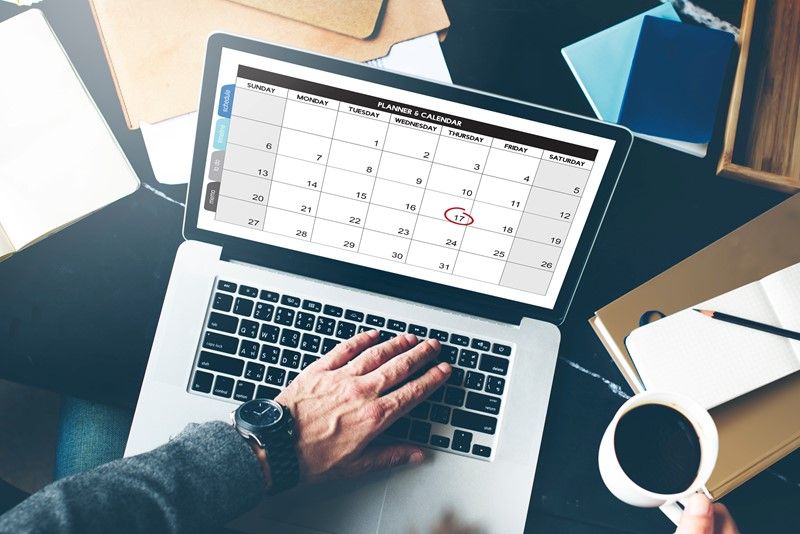UK Responds to New US Tariffs
The UK’s Business and Trade Secretary, Jonathan Reynolds, has set out the government's position following the United States' recent imposition of new tariffs on UK exports. These include a 10% reciprocal tariff on British goods and a separate 25% global tariff on cars — moves that have prompted concern among UK manufacturers and exporters.
Reynolds told Parliament he was disappointed by the decision, particularly given the close trading relationship between the two countries. While the US has already imposed a 25% tariff on steel, aluminium, and related products since March, the latest action extends the economic pressure and signals a hardening stance from Washington.
Despite the setback, the Trade Secretary struck a calm and constructive tone, saying the UK will continue to act in the national interest while standing behind domestic industries. He confirmed that UK officials are in ongoing talks with key figures in the US administration, including the Secretary of Commerce and the US Trade Representative, in an effort to rebuild a more stable and mutually beneficial trading relationship.
Reynolds was clear that the government is not seeking to inflame tensions but is preparing for all eventualities. A new public consultation has been launched, inviting businesses and stakeholders to give their views on the impact of the tariffs and to suggest potential UK responses. The consultation runs until 1 May and aims to ensure that any future action is well-informed and proportionate.
The government has also committed to helping businesses navigate the situation, offering guidance through its trade support services and encouraging firms to share their concerns. Reynolds noted that many UK companies still see strong opportunities in US-UK trade and want to preserve access to the world’s largest economy.
He ended by affirming the government’s wider strategy to promote economic resilience through industrial growth, international cooperation, and fair trading practices. The message from the Department for Business and Trade is that while the tariffs are unwelcome, the UK remains focused on protecting its interests without resorting to knee-jerk reactions.
In short, the UK is taking a pragmatic, level-headed approach — defending its industries, listening to businesses, and working to keep trade channels open, even in challenging circumstances.




